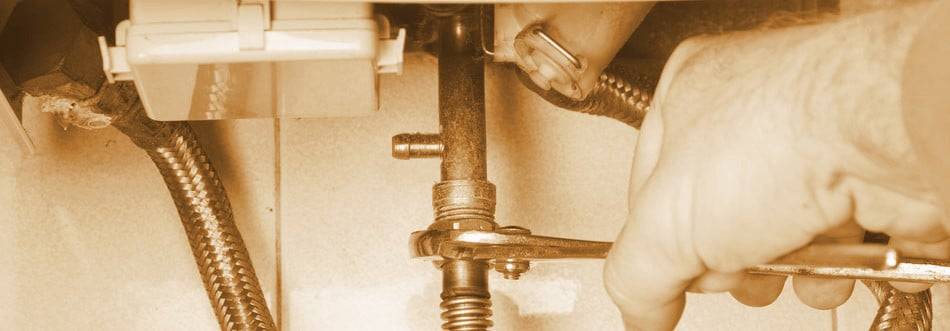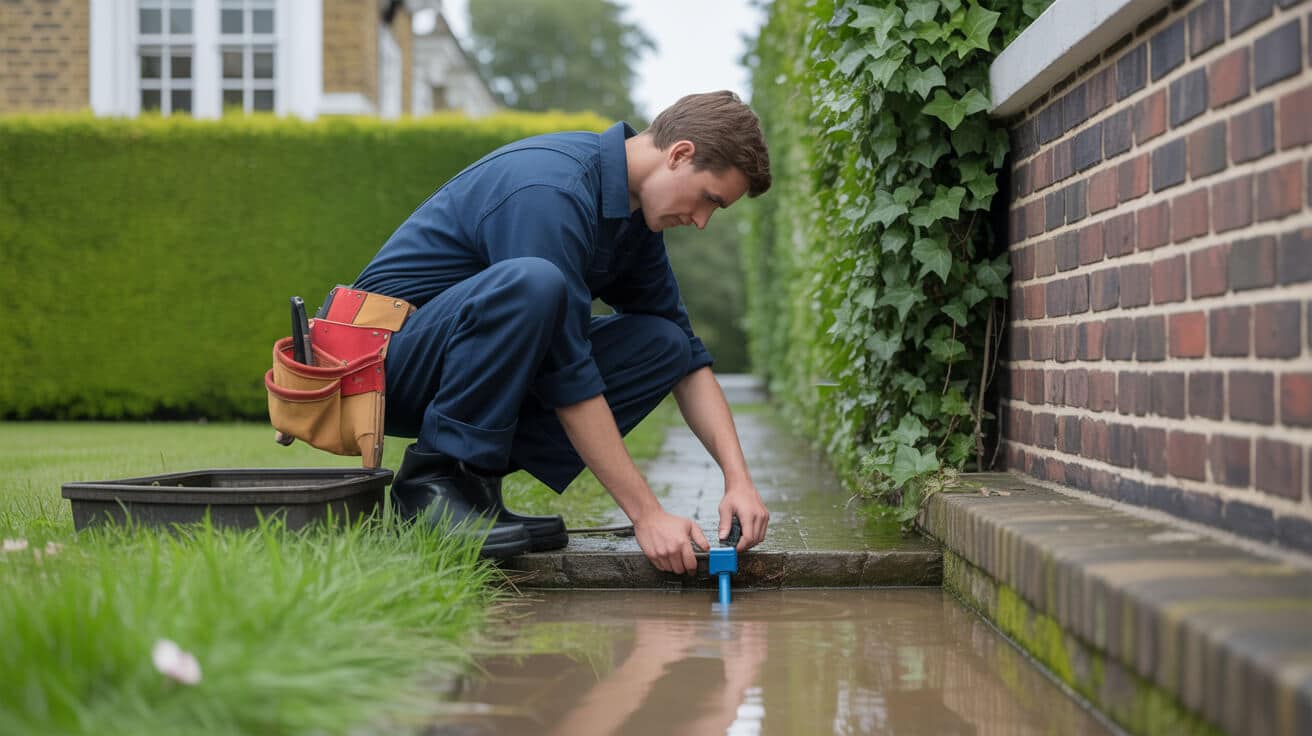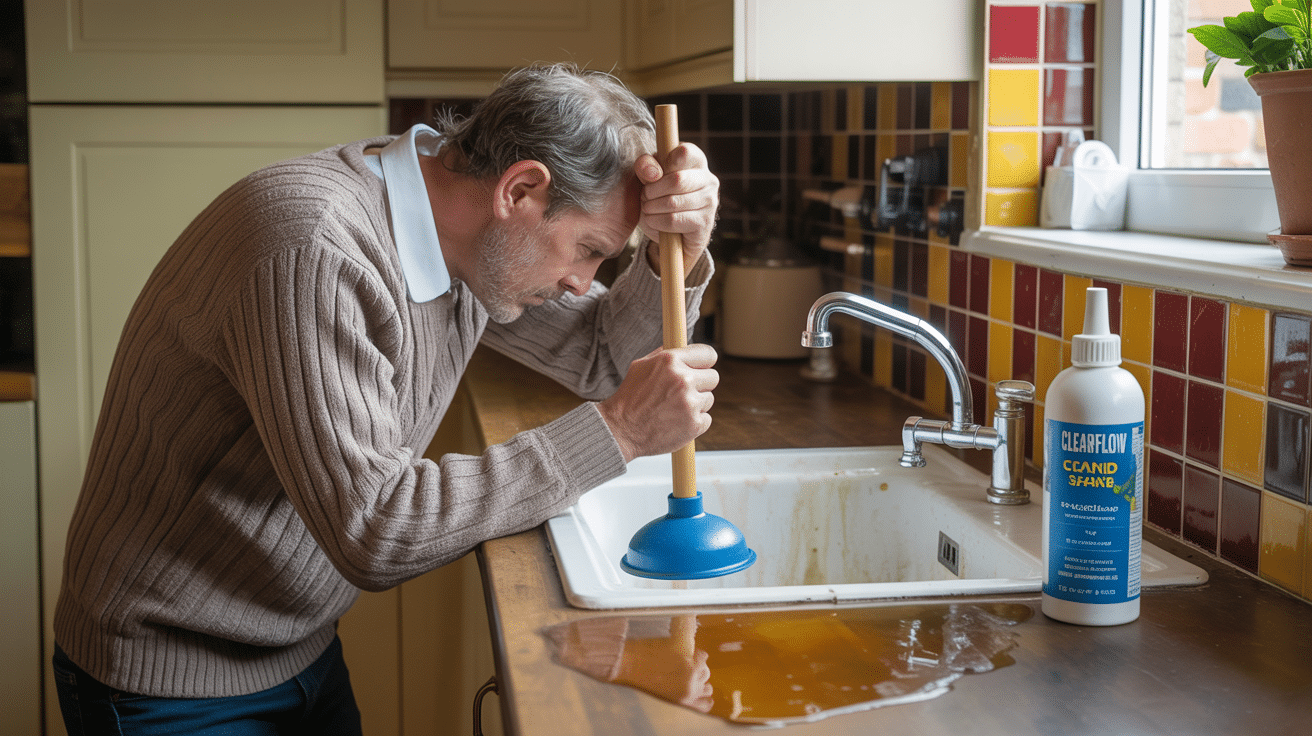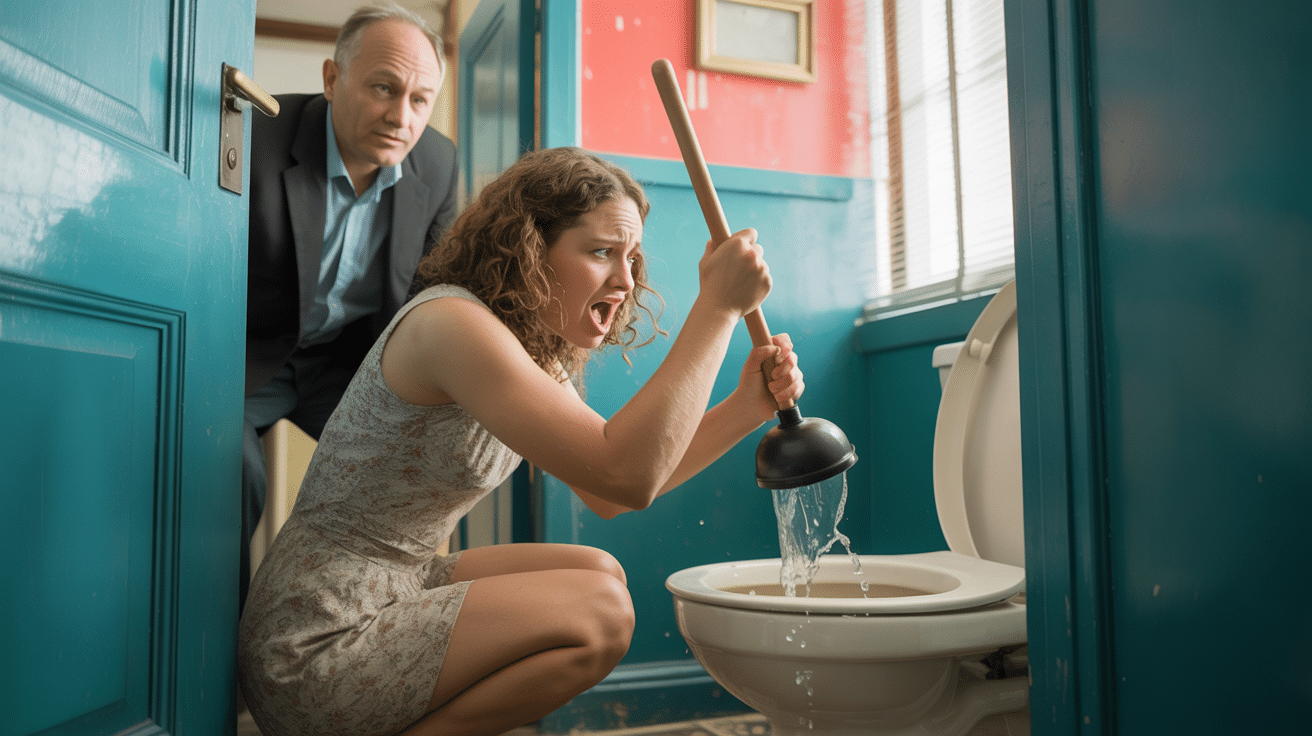 fatbergs: Dealing with the growing threat in your pipes
fatbergs: Dealing with the growing threat in your pipes

By Steve Vincent, Head of Operations, Plumbers4U
Improper disposal of fat, wastewater and other products wreak havoc, not only on your plumbing systems but with the mains sewers as well, impacting whole communities.
These blockages, known commonly as ‘fatbergs’, are caused where a build-up of waste, fat, non-biodegradable wet wipes and sanitary products forms a rocklike mass in sewers. In some cases, they can build in your plumbing systems.
After the discovery of a 200 metric tonne fatberg under the streets of Liverpool’s bustling city century – that caused extensive damage to homes due to backflowing water – warnings are now in place to avoid future problems.
Lockdown measures are said to have exacerbated the problem with a 20 per cent rise in complete sewer blockages. The primary cause being the improper disposal of fat, oil and grease (FOG) accumulating in the pipes over time.
How to properly dispose of oils and fat in the kitchen.
A common misconception is you can simply wash away oil by mixing it with hot water and soap. Unfortunately, this isn’t the case. Because oil is far denser than water and doesn’t mix well, it can still cool in the pipes, leading to the same build-ups of fat and grime.
Scolding-hot cooking oil can damage plastic piping by eroding the inside if it’s exposed to it frequently.
The only acceptable way to dispose of cooking oil and fat is in a food bin or general waste. It’s recommended you put it into a glass or ceramic container, let it cool and solidify, and pour it into the bin or food waste container.
Avoid costly plumbing emergencies by being careful of what you flush down your toilet.
With build-ups of non-biodegradable products also contributing to crippling blockages, homeowners should be wary of putting anything down their toilet that isn’t tissue paper.
With the average professional plumber callout priced between £40-£60 per hour, it pays to be careful with how you dispose of these products.
They should be careful about putting things like cotton buds, baby wipes and sanitary products down their loos. Although these products give the impression they should naturally break down and not cause any harm, they can be damaging to your pipes and the main sewer line.



